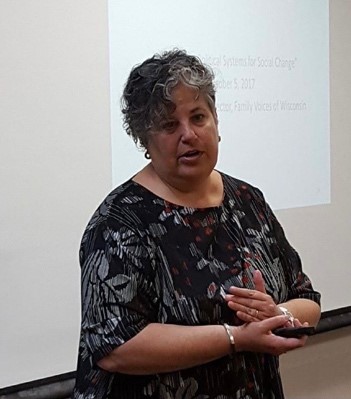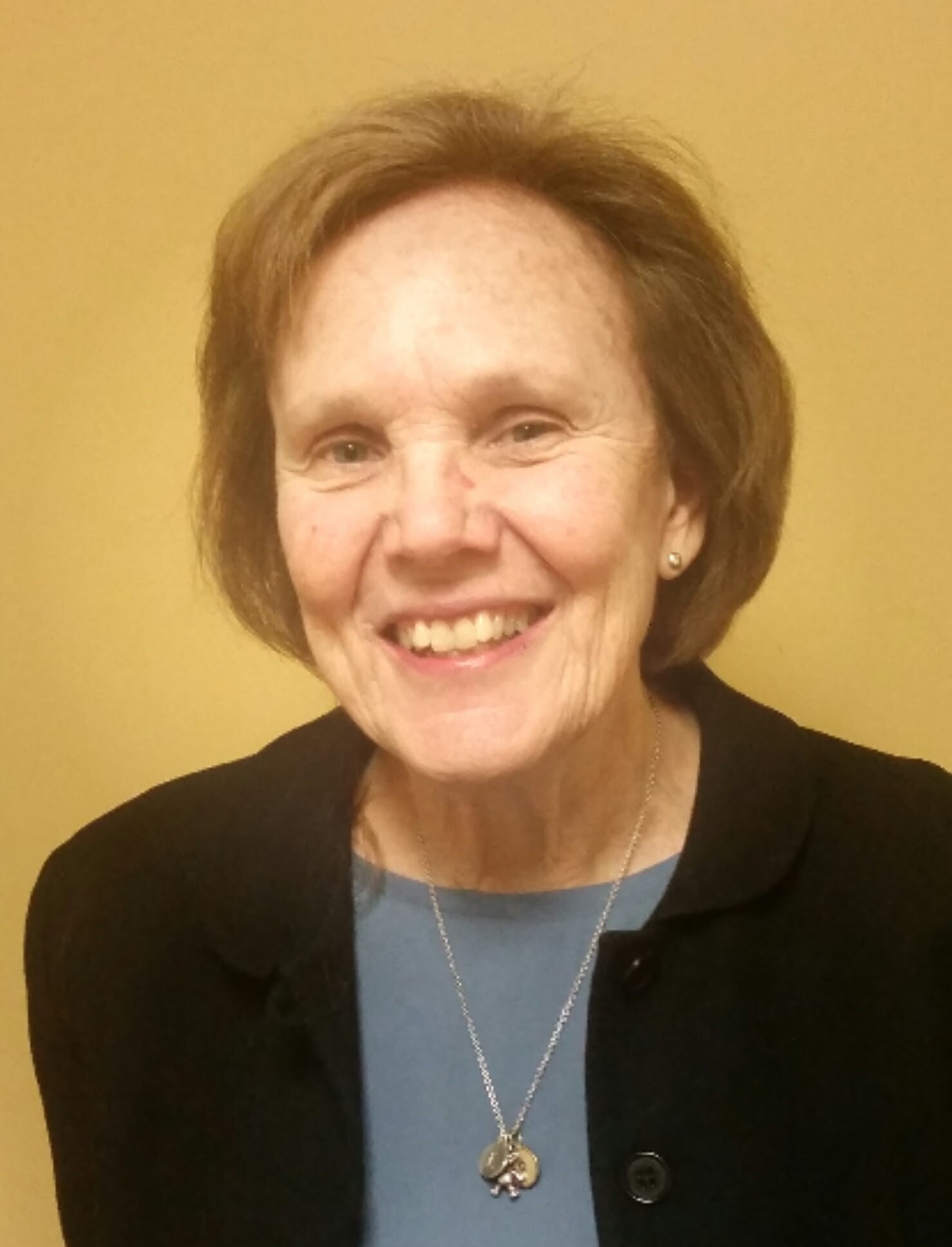Over the past month, the Senate began making changes to the House’s One Big Beautiful Bill Act. On June 16, the Senate Finance committee released their proposed language with a few changes compared to the House version. The Senate is still working through the Byrd Bath process where several key changes have been made, including removing language placing restrictions on the Supplemental Nutrition Assistance Program (SNAP) benefits. Read more for key changes from the House bill.
Work Requirements:
The Senate version now includes parents of children aged 15 or older as a group required to comply with work requirements. The House version exempted all parents.
Immigration Restrictions:
The Senate bill is largely the same as the House-passed bill. However, the Senate bill clarifies that health coverage for individuals without a qualified status does not include coverage for lawfully residing children or pregnant adults covered under the Medicaid or CHIP option for these groups.
ACA Expansion Beneficiaries:
FMAP Boost for ACA Expansion: The Senate bill keeps the same text to remove the temporary incentive to adopt the Affordable Care Act expansion.
Cost Sharing: The Senate bill is mostly the same as the House-passed bill. The only change is allowing cost sharing for non-emergency services provided in a hospital emergency department to be more than $35.
Other Federal Funding Restrictions:
Erroneous Payments: The Senate bill expands the definition of improper payments to include payments where there is not enough information available to confirm eligibility.
Gender-Affirming Care: The Senate bill is the same as the House-passed bill, prohibiting federal funds for “gender transition procedures.”
Family Planning: The Senate bill is largely the same as the House-passed bill. However, the Senate bill prohibits payments to providers that meet specific criteria and received $800,000 or more in Medicaid payments in 2023.
Biden Eligibility and Enrollment Rules:
The Senate bill, if passed, prohibits the Secretary of Health and Human Services from implementing, administering, or enforcing nearly all the provisions in both rules from ever being implemented. The House-passed bill delayed implementation until January 1, 2035.
Other Eligibility Changes:
Several budget provisions would tighten Medicaid eligibility standards, including by:
- Requiring states to conduct eligibility checks on beneficiaries of Medicaid expansion under the Affordable Care Act every six months instead of once a year beginning Dec. 31, 2026.
- Allowing states to disqualify beneficiaries from receiving long-term care services through Medicaid if they have equity in a home exceeding $1 million, instead of $750,000, as long as the lot isn’t zoned for agricultural use.
- Requiring states to cross-reference the Social Security Administration’s Death Master File every four months to disenroll dead beneficiaries.
- Require HHS to create a system to prevent beneficiaries from being enrolled in multiple state Medicaid programs at a time by having states submit enrollees’ Social Security numbers to the system.
- Reduce retroactive Medicaid coverage to one month before an individual applies for Medicaid benefits. Currently, an applicant can receive three months of retroactive coverage.
State Provider Taxes:
The Senate bill changes the safe harbor limit based on a state’s adoption of ACA expansion. If passed, states that adopted ACA expansion must reduce their provider taxes by 0.5 percent each year until it reaches 3.5 percent. The timeline would start in fiscal year 2027 and must be completed by fiscal year 2031. No changes to the 6 percent limit for non-expansion states.
State-Directed Payments:
The Senate Bill makes changes for Medicaid expansion states: The current state-directed payment limit would be reduced from the average commercial rate to 100 percent of the Medicare payment rate.
In non-expansion states, the payment limit would be reduced to 110 percent of the Medicare payment rate. Further, existing state-directed payment limits would be reduced by 10 percent annually until the allowable Medicare-related payment limit is achieved.
The House bill did not include any language reducing existing state-directed payment limits.
Banning “Spread Pricing”:
The Senate bill is largely the same as the House-passed bill. However, if passed, the Senate bill makes the effective date start nine months after passage for the NADAC survey for retail pharmacies.
Disproportionate Share Hospital Payments (DSH) Cuts:
The Senate bill did not include language on Disproportionate Share Hospital Payments (DSH).
Out-Of-State Medicaid Coverage:
The Senate bill did not include language on out-of-state Medicaid coverage.
Read Family Voices’ Medicaid 101 paper for an overview of current Medicaid funding and structure. For an overview of the House-passed provisions, read our blog on the One Big Beautiful Bill Medicaid proposals.
To track all health provisions in the 2025 Federal Budget Reconciliation Bill, and compare House versus Senate versions, you can use this tool from the Kaiser Family Foundation (KFF).


















